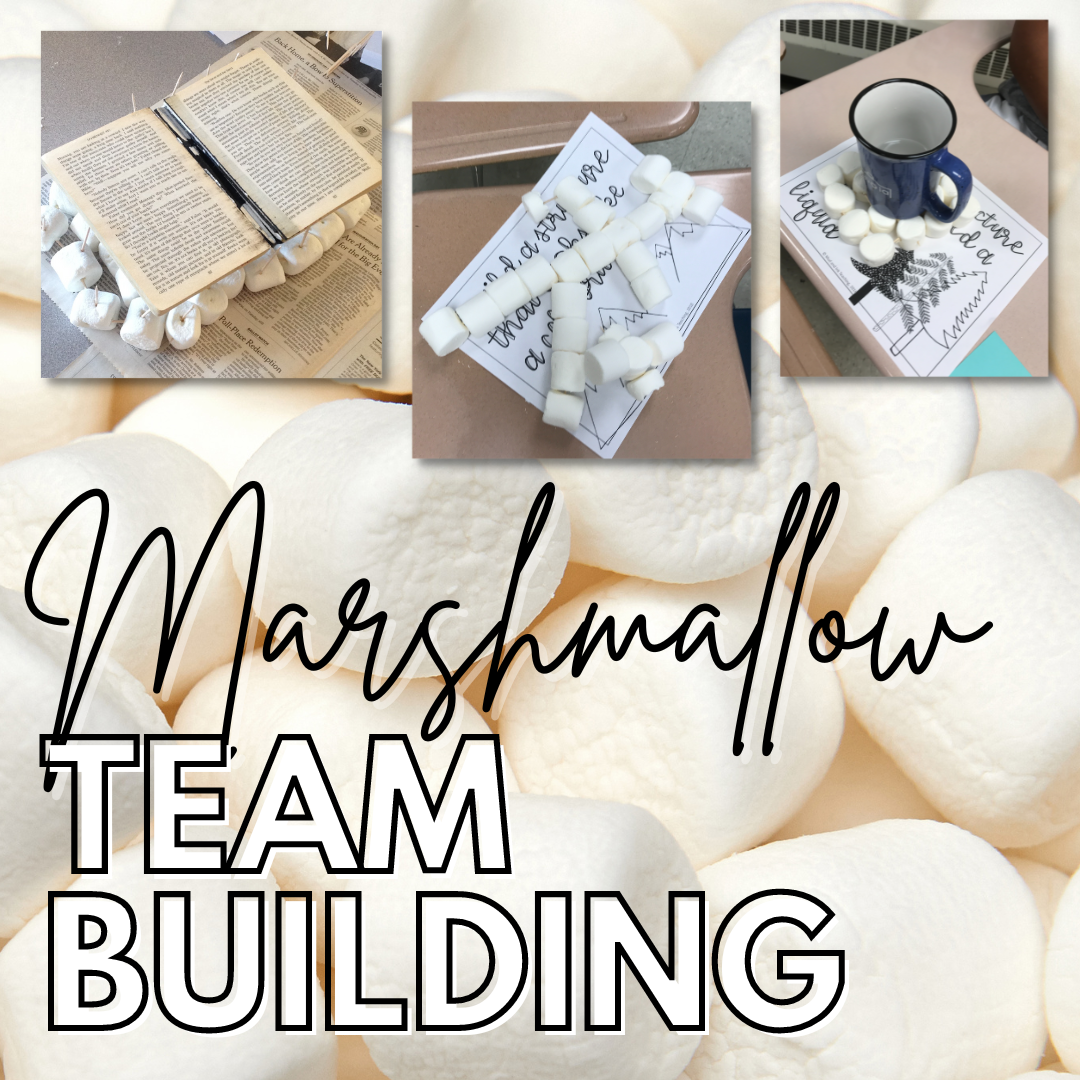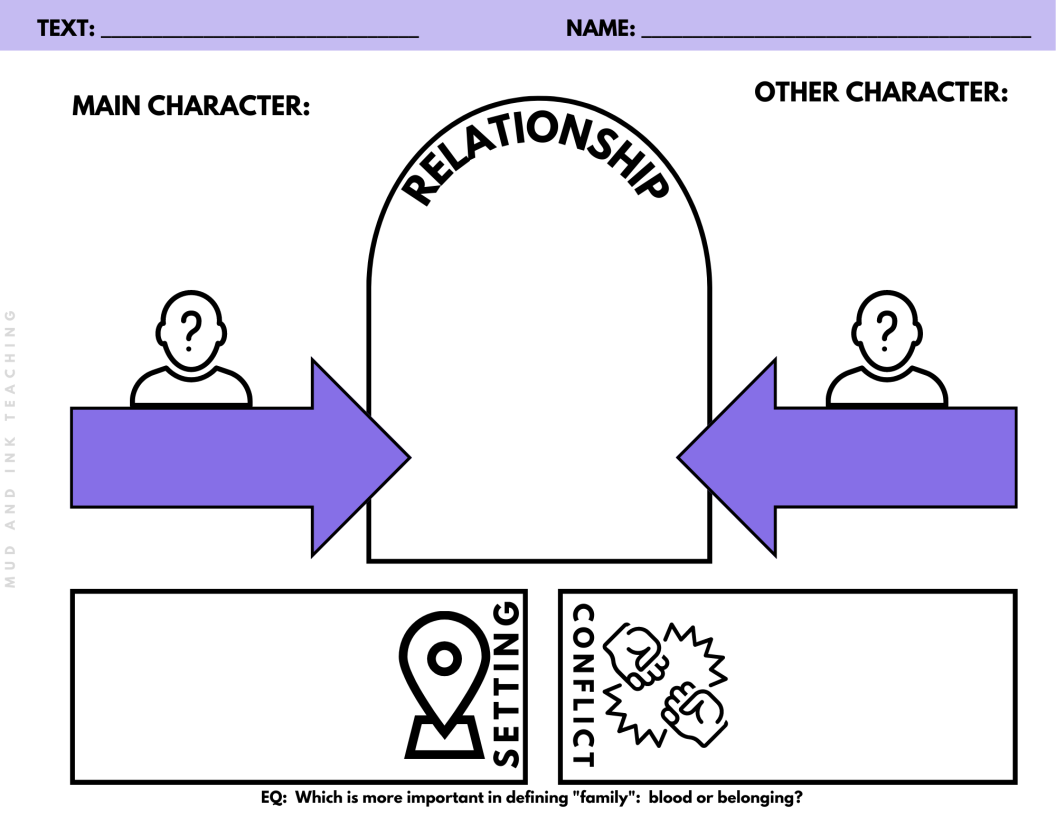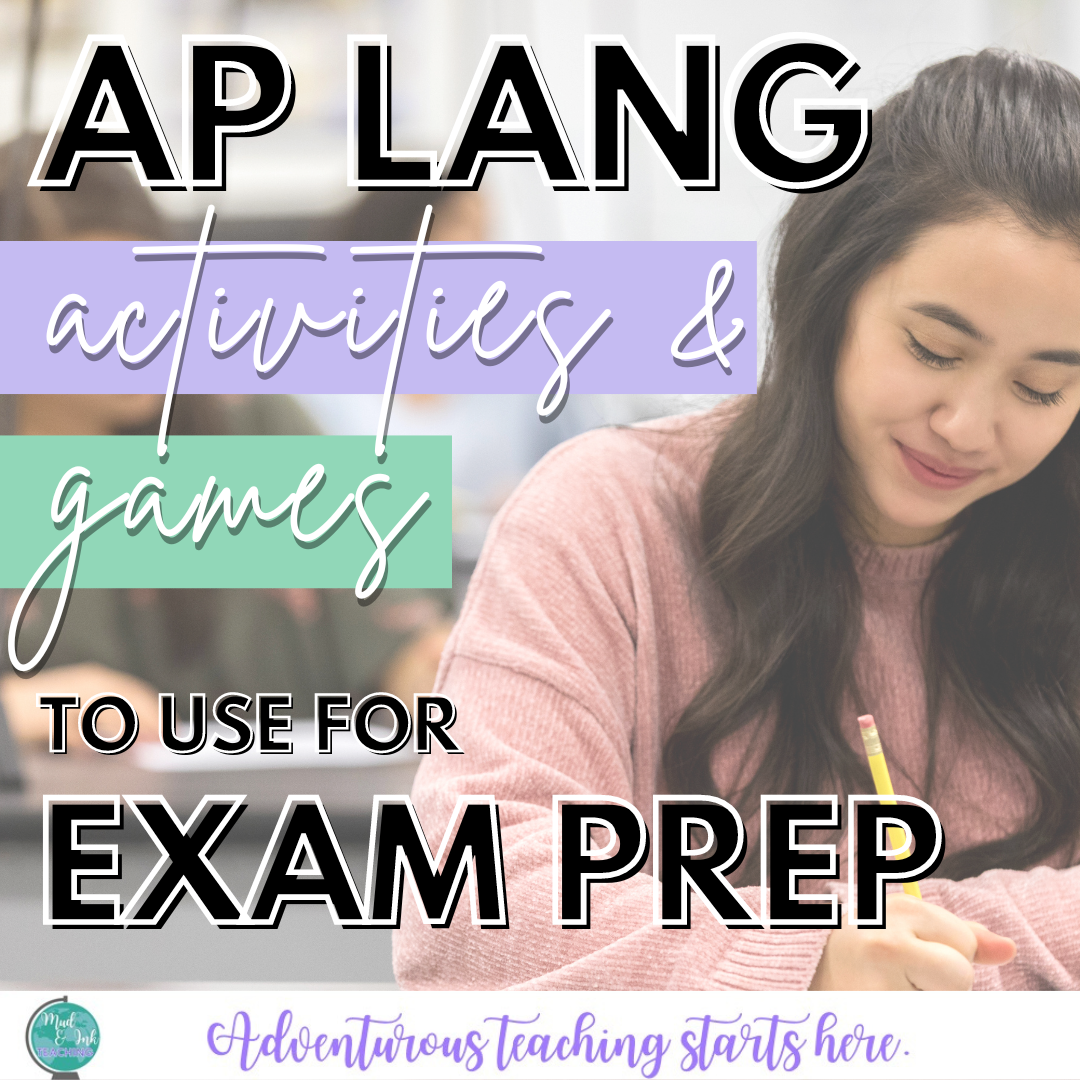MOST RECENT BLOG POSTS
Looking for adventurous ideas for your ELA classroom?
You've come to the right place...
Navigating the intricate themes and symbolism of F. Scott Fitzgerald's The Great Gatsby can be a daunting task for both new and experienced high school English teachers. As a veteran educator, I've found that close reading strategies are invaluable in unlocking the novel's complexities and fostering deeper student engagement. In this post, I'll share insights into my close reading approach and provide practical tips for incorporating this method into your Gatsby unit.
When it comes to choosing a Shakespeare play to teach to your high school students, there are a lot of factors to consider, but none more pressing than will this be engaging for our (mostly) disengaged students?
Engagement in learning is at an all-time low, so it is rapidly becoming a driving decision-making factor for teachers. Shakespeare, to begin with, has historically been written off by many as out of touch, irrelevant, and not necessary for students in their everyday lives. And while this has not been my experience at all, I can completely understand how it may have been the case for teachers.
As an educator, I've always been passionate about instilling critical thinking skills in my students. It's a topic that I recently had the opportunity to reflect on during a professional development session, and I want to share with you the insights and strategies that I believe are essential for deep engagement in the classroom.
Dr. King’s legacy is especially powerful in the ELA classroom: his words, his rhetoric, and the passion with which he speaks them is not only worthy of study in its own right, but the overlaps into our content area make the analysis of the layers of his work that much more rich and impactful. Here is a free lesson walkthrough for your middle or high school English class celebrating Martin Luther King Jr.’s birthday.
The art of pacing out the reading during a novel unit can be tricky, so we’re going to take some time today to talk through the process. Whether you’re teaching a classic or a contemporary YA title, there are special considerations to be made for the design of your calendar and how we backwards plan for ELA. Let’s jump in!
And here's the thing: if your students are talking about Taylor, then so should you. This is an open door into engagement and skill building that is not to be missed. Here are three ways to pull the power of Taylor into your classroom and spike engagement among your students…
In a world where the love for books is timeless, as educators, we know the magic of a well-told tale. We ignite knowledge and passion for literature in our students. We spend hours immersed in stories, guiding young minds and sharing the joy of reading. Have you thought of gifting a little magic to yourself or other book lovers? Imagine unwrapping a gift that honors your love for books — and the immense joy that would be! In this blog post, I have curated a list of delightful gifts for book enthusiasts, including a FREE DOWNLOAD Gift Guide for you to skim through as well.
Now, more than ever, we need to have Fahrenheit 451 in front of our students. From the new onset of AI technology to the daily threats of our intellectual and academic freedom, Fahrenheit provides windows, mirrors, and doors into our present and our future. While Montag’s transformation, the working symbolism, and general dystopian world-building are all incredibly important pieces to focus on, I’d like to argue that it’s possible we need Clarisse McClellan the most.
During the introductory phases of teaching rhetorical analysis, you need to start off with texts that are approachable and teachable. This helps to build student confidence as the texts get harder and harder each year. Here are 20 places where you can start that journey confidently!
One of my favorite units to teach is a unit that focuses on the American Dream. It’s the perfect way to hone in on complex characterization and the layers of complexity are widely accommodating for skill level. Whether you’re building the unit to teach as a whole class novel unit or as a literature circles unit, this book list is here to save you time and energy in narrowing down the search.
Here’s what we need to remember: the first day of class is the first chance to make an impression, to set a tone, and to signal to students the kind of atmosphere they can expect walking through your doors every day for third period. Once you know what you want your room to feel like and you can describe the kind of experience it will be for the learners in your room, it doesn’t matter WHAT you choose to do on the first day of school as long as it hits everything on your list.
If you’ve ever found yourself searching the internet for “contemporary short stories” or “modern short stories” because you’re tired of teaching the same classic stories over and over again, I have THE HACK to change everything for you!
Creating a community of support around new staff members and new teachers is one of the most important things we can do to retain teachers and, in turn, support our students. Welcome gifts and support or care packages are a great way to do this and no matter your budget, I have a few fun ideas that might help you as you’re designing your own!
Lackluster literature circles? Boring book clubs? The remedy: lose traditional “role” sheets, declare freedom from organization by topic or genre, and build essential question-focused literature circles or book clubs instead. An EQ as the throughline for your lit circle/book club unit kicks up the impact that comes from having kids talk about what they read in a way that just does not happen with any other method. Here’s why…
Tackle the AP Language and Composition exam with confidence using any of these four classroom-tested review strategies. This list will give you plenty of ways to prepare for the exam while having fun and working hard to get students as ready as possible for test day.
Read more on the blog here...
and subscribe for updates here:















October is here, and with it comes the annual challenge for secondary ELA teachers: how do you bring seasonal fun into the classroom without derailing the curriculum map?
Your students are buzzing with Halloween energy, but you have standards to teach. You can’t afford to spend a week on a "fluff" activity, but you also don't want to be the only room in the school ignoring the holiday.
The solution? Don't stop your unit. Instead, plug in a high-interest, rigorous, seasonal activity that matches the exact skills you're already teaching. Here is a quick guide to easy, "spooky season" lessons that keep the critical thinking rolling.